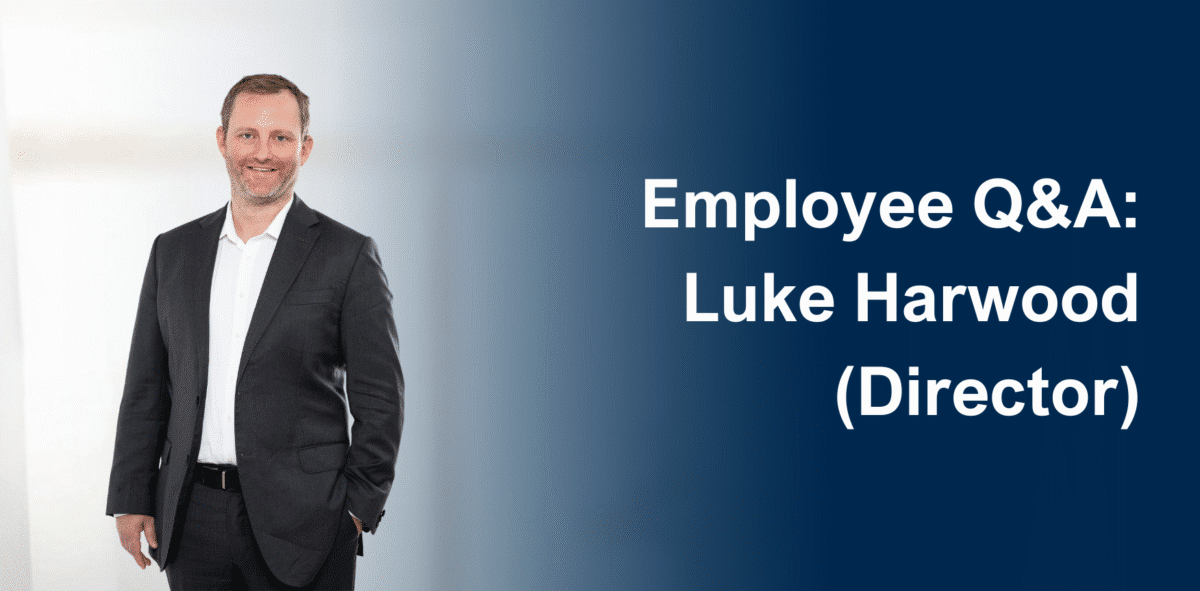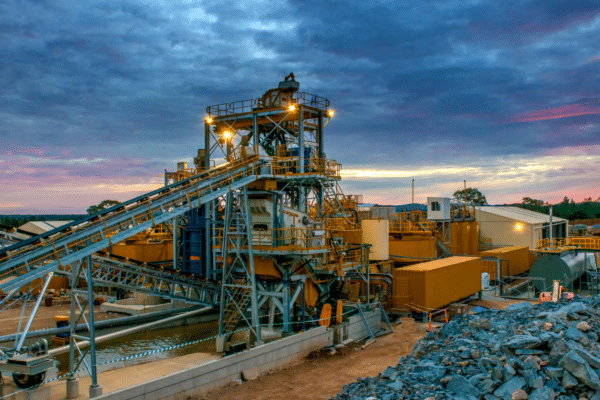Whether he’s advising on multimillion-dollar cross-border acquisitions or helping an early-stage AI venture find its footing, Luke Harwood knows how to turn challenges into practical opportunities. With a career that’s taken him from infrastructure deals in Abu Dhabi to leading Telstra’s tech and innovation functions across China, the USA and Australia, Luke brings a unique mix of big-picture vision and operational know-how to the team.
We caught up with Luke to hear the stories behind the deals, the unexpected lessons from the boardroom (and beyond), and what keeps him inspired both on and off the field.
You’ve seen M&A from all angles: buy-side, sell-side and now as an adviser. What’s one negotiation or deal moment that really stuck with you?
My first founder-led acquisition still ranks as the moment that changed the way I think about deals. Up to that point, I’d lived in the world of roads and utility assets where the negotiation boiled down to price and risk allocation. Suddenly, I was sitting across from people whose lives, work, reputation and staff livelihoods were on the table. Answers to questions that I hadn’t even considered, like “How will customers feel?” “What happens to the team on Monday?” became key pillars of the deal. Finding ways to accommodate those intangibles reshaped my definition of a successful outcome.
You’ve worked across different continents and industries. Can you tell us about a moment when things didn’t go to plan, and what it taught you?
It’s probably easier to talk about the times it did go to plan! M&A deals, in my experience at least, have a life of their own. You may be directionally right in terms of who bids or what the price is, but not to the point where you can rely on the plan as the truth.
One of my early deals collided head-on with the GFC and taught me that the most carefully built plans can quickly become outdated. Capital dried up suddenly, and the assumptions that underpinned our model which took months to craft, became outdated in a fortnight. The only constant on the path to financial close was the need to listen closely to the market and pivot in response to conditions.
After years leading tech and software acquisitions, you moved into early-stage ventures and AI incubations. What pushed you to explore that side of the business?
After years of acquiring mature technology businesses, I realised the real adrenaline rush sits at the beginning of the lifecycle, when a handful of engineers turn a promising idea into something customers will actually pay for. Working with start-ups lets me help shape those early-stage decisions on product, go-to-market and capital strategy, which is where the value curve is bent, for better or worse. The uncertainty is higher, but so is the learning velocity.
Your time in Abu Dhabi must have come with some interesting cultural lessons. Is there an experience or story from that period that still influences how you work today?
My time in Abu Dhabi taught me that trust often does more heavy lifting than price. I watched senior partners invest months (sometimes years!) in coffees, lunches, family events and patient conversation before a single document was exchanged. Once every party believed the others were genuinely aligned, the paperwork felt like a formality. That experience convinced me that forcing a timetable rarely maximises value, while nurturing the right relationship nearly always does.
What drew you to join InterFinancial, and what about the M&A industry do you find intriguing?
M&A has always appealed to me because every deal is a brand-new challenge: new industry nuances, new personalities, new puzzles. What set InterFinancial apart was the firm’s bias towards advisers who have actually run businesses. Working with people who can spot an operational blind spot as easily as they can value a business keeps the whole team practical and, frankly, makes the work more interesting.
What’s one piece of advice you wish someone had shared with you when you were starting out?
Early in your career you are coached to be the master of the detail, and you absolutely need to be. However, one thing I had to learn the hard way is that flawless analysis means nothing if the strategic story is off. The biggest learning I’ve had by far is to spend the time to understand a business deeply, get to know the people involved, identify the big picture mechanisms for creating mutual value, and only then, get into the detail of the numbers.
Beyond the deals, what’s something people might be surprised to learn about you?
I’m curious about most things. Beyond the usual business and sport, I love exploring and learning about history, literature, and technology. Rarely do you find someone who has no interest in talking about any of those topics, and as a result, I can usually find something to bond over with someone.
Curious about the M&A industry? 🤔 Follow us on LinkedIn for the latest industry news and thought leadership from our team.









